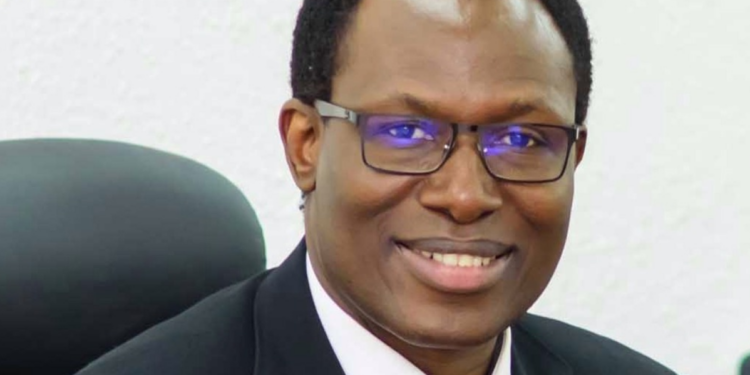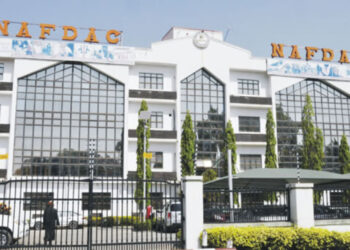The Association of Licensed Telecommunications Operators of Nigeria (ALTON) has warned that the proposed National Digital Economy and E-Governance Bill, 2025, could create regulatory confusion in Nigeria’s ICT sector if not properly aligned with existing laws governing telecommunications and digital services.
ALTON Chairman, Engr. Gbenga Adebayo, expressed the concern while speaking at a public hearing of the Joint National Assembly Committees on ICT, Cybersecurity, and Digital Economy, held on Monday.
According to him, while the association supports the government’s drive to modernize the country’s digital ecosystem, the Bill as currently drafted risks overlapping the mandates of existing regulators, particularly the Nigerian Communications Commission (NCC) and the National Information Technology Development Agency (NITDA).
Calls for clearer jurisdictional boundaries
Adebayo commended lawmakers for their vision to promote e-governance and establish a framework for emerging technologies such as Artificial Intelligence (AI), but urged for clearer jurisdictional boundaries between regulatory bodies.
He noted that NITDA’s expanded powers under the Bill appear to intersect with NCC’s statutory responsibilities, which could lead to duplication and regulatory uncertainty.
“To avoid duplication, there must be a clear delineation of responsibilities. NITDA should lead on digital policy, e-governance, and standard setting, while the NCC should retain regulatory oversight of telecommunications networks, infrastructure, and digital services,” Adebayo said.
- The ALTON Chairman further recommended that the regulation of Artificial Intelligence (AI) should adopt a dual approach in line with international best practices seen in the UK, India, and the European Union, where policy direction rests with a digital agency, and technical regulation remains under a communications regulator.
- This structure, he explained, ensures accountability while encouraging innovation and preventing excessive regulatory control that could stifle technological growth.
Concerns over certification and liability frameworks
On compliance and oversight, ALTON cautioned against extending certification and liability frameworks to licensed telecom operators already under NCC supervision.
The association suggested that such provisions should primarily apply to public-sector digital platforms rather than private network operators.
Adebayo also raised concerns about provisions in Section 82 of the Bill, which empower ministerial directives over regulatory agencies.
He argued that this could undermine regulatory independence, deter investment, and contradict global standards that separate policymaking from operational regulation.
- To address coordination gaps across Nigeria’s digital landscape, ALTON proposed embedding a National Digital Cooperation and Interoperability Framework in the Bill.
- The framework, Adebayo said, would help agencies such as NITDA, NCC, the Nigeria Data Protection Commission (NDPC), and the Office of the National Security Adviser (ONSA) work together effectively and avoid policy fragmentation.
- According to him, such structured collaboration is necessary to ensure coherence in digital governance, enhance data protection, and foster a unified approach to cybersecurity and innovation.
What you should know
In its recent report on Nigeria’s digital economy, the International Telecommunications Union (ITU) had also raised concerns about the overlapping functions of NITDA and NCC, warning that this causes multiple regulations in the industry.
According to the report, areas of overlapping functions of the two agencies include responsibility in developing sector-specific ICT policies, data protection, and content regulation, among others.
It added that with increasing convergence between telecommunications, IT, and ICTs generally, there is a need for a clear understanding of where the delineation of the roles of NITDA and NCC lies.























